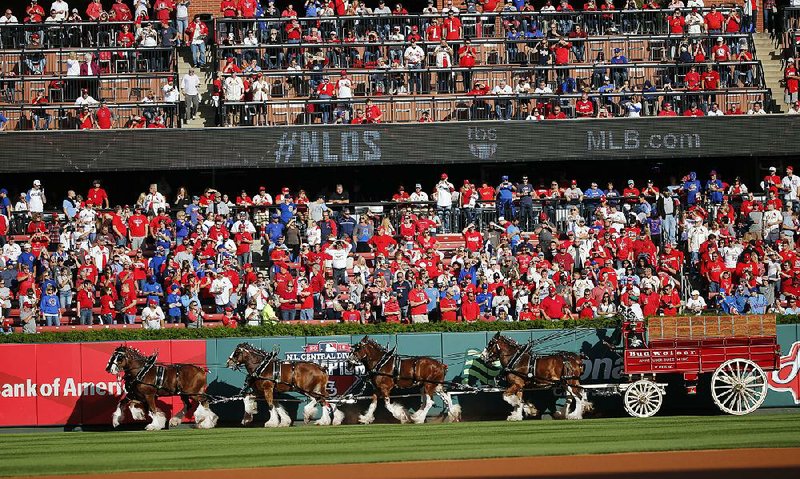LONDON -- Budweiser brewer Anheuser-Busch InBev raised its takeover bid for SABMiller to $108.2 billion Monday in its latest effort to win backing for its plan to create "the first truly global beer company."
AB InBev has been trying for nearly a month to get its hands on SABMiller but its offers have met with resistance. Monday's offer values SABMiller at $66.77 a share -- 3.2 percent more than its previous bid and 14 percent higher than its initial offer.
SABMiller declined to comment on the new offer.
Shares of London-based SABMiller rose 1 percent Monday to about $57.25 on reports of the improved bid.
The combined company would control 31 percent of the global beer market, dwarfing the next biggest player, Heineken, which has 9 percent of the market. A combined company would have total annual sales of $73.3 billion.
Market leader AB InBev already has six of the world's largest beer brands. In addition to Budweiser, it owns Stella Artois and Beck's. SABMiller, which is based in London, is the maker of rival brand Miller Genuine Draft, Peroni and Milwaukee's Best.
Crucially for AB InBev, a deal would allow it to venture into the African and Australian markets where it is not as established as it is in Europe, North Africa and Asia.
Tensions between the two companies have risen since the first offer was announced Sept. 16, with AB InBev accusing SABMiller's board of failing to engage meaningfully in negotiations. SABMiller has argued that the previous offers undervalue the company.
Regulators with concerns about weaker competition and higher prices are expected to carefully study the details of any potential tie-up.
The beer industry has been consolidating for the past decade as it seeks to gain more clout with suppliers, distributors and retailers in a market that's seen overall slowing sales in the U.S.
In the U.S., overall beer sales rose just 0.5 percent last year, while mainstream brands such as Budweiser were hurt by smaller beer brands with more cachet. Sales of craft beers climbed 17.6 percent in 2014 and accounted for 11 percent of the $101.5 billion market, according to the Brewers Association, a U.S. trade group of more than 1,900 brewers.
"The big macro brands that are really the cash drivers are now in decline," said Duane Stanford, editor of Beverage Digest, a trade publication. "People are more interested in diversifying and having more beverage choices. They want different flavors, more rich beers, more imported beers."
SABMiller met with investors Friday to highlight its strength as an independent company to head off the takeover attempt.
It said the meetings focused on the company's accelerating growth and a stepped-up cost-cutting program that will target $1.05 billion of savings by March 2020, more than double the previous goal of $500 million by 2018.
"We are continuing to remove duplication across markets, bringing specialist expertise in areas like procurement under one roof, and standardizing common processes," Chief Executive Officer Alan Clark said in a statement. "It results in our markets being freed up to concentrate on what they do best -- growing revenue with local consumers and customers."
AB InBev has until Wednesday evening to make a formal offer under U.K. takeover rules. It is possible to continue discussions after that point, but SABMiller would have to request the extension.
Business on 10/13/2015
